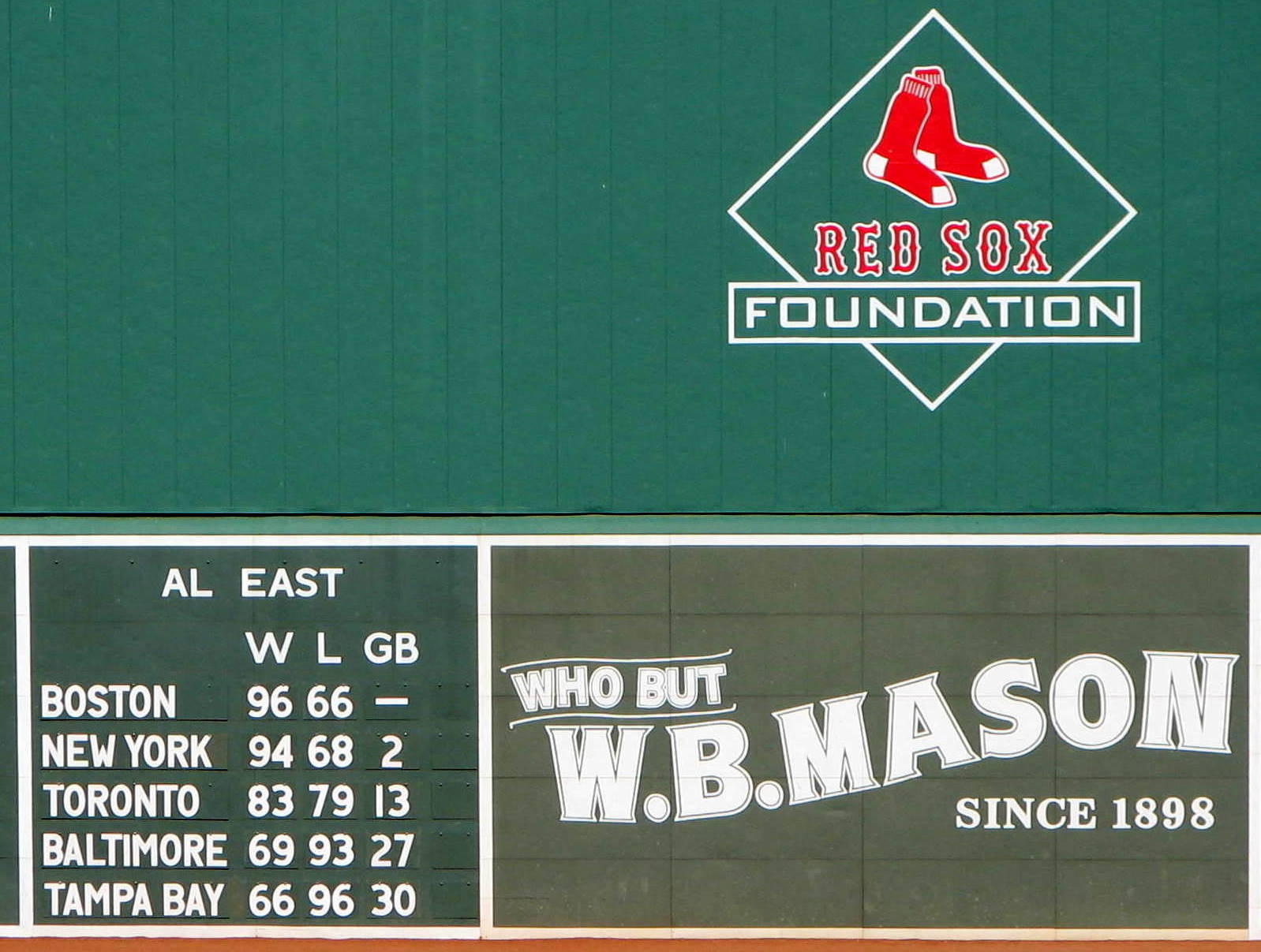
Games behind
In some North American sports, the phrase games behind or games back (often abbreviated GB) refers to a common way to reflect the gap between a leading team and another team in a sports league, conference, or division.
Games behind is calculated by using either of the following formulas, in which Team A is a leading team, and Team B is a trailing team. Example math in this section uses the above standings, with Montreal as Team A and Atlanta as Team B.
Alternately:
Notes:
A games behind calculation can be misleading when attempting to compare teams that have played an unequal number of games. This is because the games behind calculation simply computes the difference between wins and losses for each team, and then averages those two numbers. Essentially, this treats each unplayed game as being a tie (i.e. 1⁄2 win and a 1⁄2 loss).
In reality, teams in an actual sports league can have an unequal number of games played due to various scheduling anomalies, postponements, or cancellations. This can result in:
Such conditions have occurred multiple times in major sports leagues, examples include:
There are likely many other examples of this in MLB history.
There are likely many other examples of this in NBA history.
Leagues generally use winning percentage to order teams in official standings. However, standings appearing in newspapers or online may order teams based on games behind.